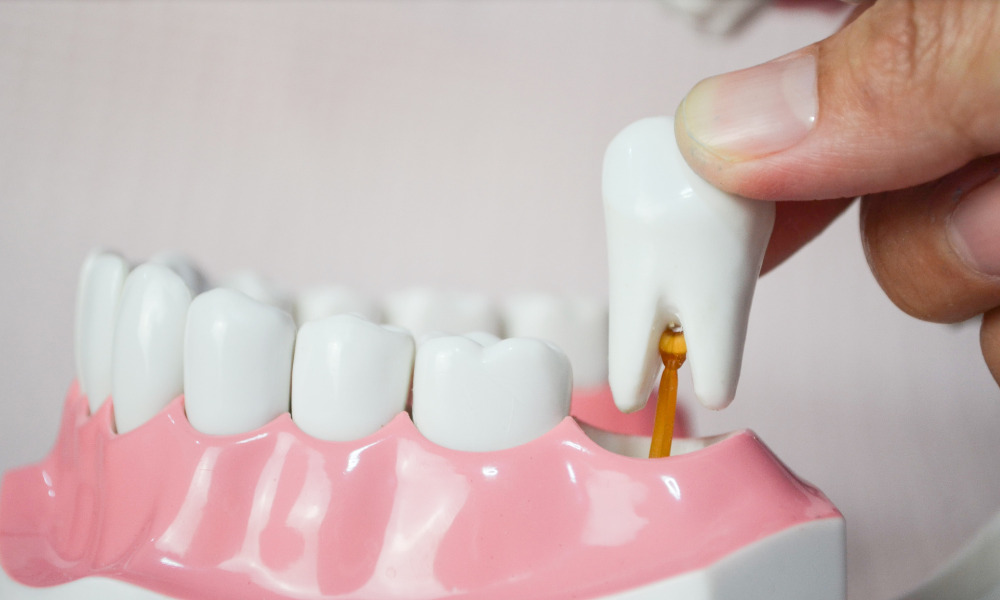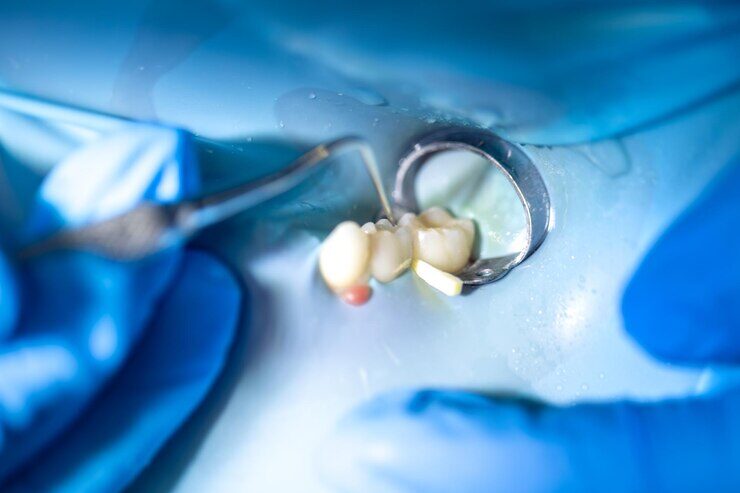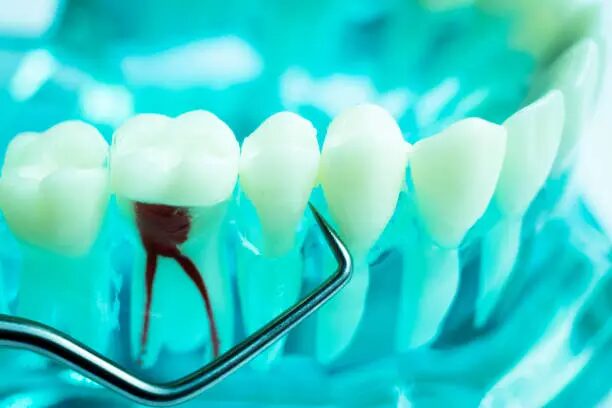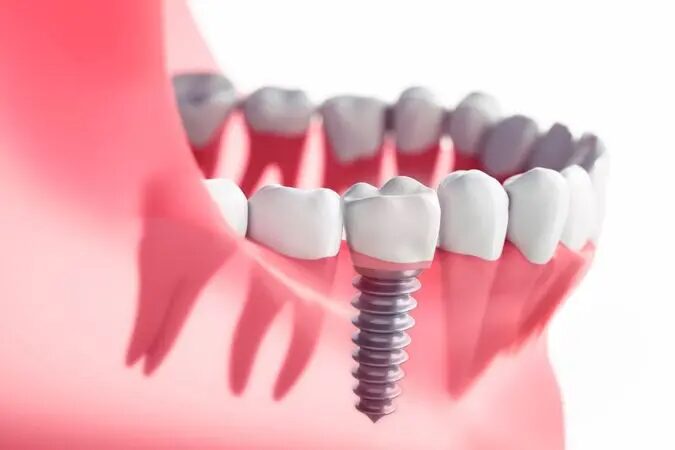Wisdom teeth are often known as third molars. They are the last molars to appear in the mouth. They grow in the back of the mouth behind your second molars, between your second and third molars, and in front of your third molars. Typically they start to grow around the age of 17-25 and may not fully come through the gums until you are in your 20s. The removal of wisdom teeth is a very common procedure. However, a lot of people ask themselves if it is necessary to remove them. Let’s see if there are reasons to remove them-
Why Wisdom Tooth Extraction is Important?

There are a few reasons why someone might need to have their wisdom teeth removed.
- One reason is that wisdom teeth can become impacted, meaning they get stuck in the gums and don’t erupt through the surface. This can cause pain and crowding of the other teeth.
- Wisdom teeth that erupt through the surface can be difficult to clean and can lead to decay.
- If the teeth are not coming in properly, they may need to be removed to prevent crowding or other problems. If the teeth are coming in but are not aligned properly, they may need to be removed to prevent damage to other teeth.
- Wisdom teeth can also be removed if they are impacted, meaning they are growing in at an angle and are not able to erupt through the gum.
- Impacted teeth can be very painful and can cause damage to other teeth, so it is often recommended that they be removed. Wisdom teeth can also be removed if they are decayed or infected.
- 12 Free Consultations
- 10% off on all Treatments
- 1 Free Smile Assessment
What Factors Lead to Wisdom Tooth Extraction?
Several different factors determine whether a person can function well with wisdom teeth for their lifetime.
Jaw Size Affects Wisdom Tooth Removal
One of the most important factors is the size of the jaw. If the person has a small jaw, there is a greater chance that the wisdom teeth will not have enough room to come in properly and will become impacted. Additionally, if the person has a large jaw, there is a greater chance that the wisdom teeth will come in properly and will not become impacted.
Wisdom Tooth Can be Too Large
There are a few reasons why someone might want to get their wisdom teeth removed. One reason is that wisdom teeth can be quite large, and can crowd the mouth and make it difficult to chew or speak properly. Additionally, wisdom teeth can sometimes come in at an angle and push against the other teeth, which can cause pain and damage to the teeth. Finally, wisdom teeth can sometimes become infected, which can be quite painful and lead to other health problems.
How well is the Dental Routine Followed
There are a few reasons why someone might want to remove their wisdom teeth. One reason is that wisdom teeth can be difficult to keep clean. When they are not properly cleaned, they can lead to cavities and other dental problems. Additionally, wisdom teeth can crowd the mouth and cause problems with chewing or speaking. They can also cause pain if they become impacted or infected. Ultimately, the decision to remove wisdom teeth is a personal one. However, there are a few reasons why someone might opt for removal.
If you do decide to have your wisdom teeth removed, you’ll want to be aware of what to consume to promote a quick and pain-free recovery. In our previous post, “6 Foods to Eat During Wisdom Tooth Extraction Recovery” we provided some scrumptious and wholesome suggestions for meals and snacks that are gentle on your healing mouth.
Chances of Cavity
There are a few reasons why people may opt to have their wisdom teeth removed. One common reason is to reduce the risk of cavities. When wisdom teeth come in, they can crowd the mouth and make it difficult to keep all of the teeth clean. This can lead to an increased risk of cavities, particularly in the back teeth. By removing the wisdom teeth, it can be easier to keep the other teeth clean and reduce the cavity risk.
The Problem of Gum Diseases
There are a few reasons to remove wisdom teeth, and one of them is to reduce the risk of gum disease. While wisdom teeth are not necessary for chewing or speaking, they can contribute to gum disease if they are not properly cared for. If wisdom teeth are removed, it is easier to keep the surrounding teeth and gums healthy.
Preventive Measures

Many preventive efforts can be taken to avoid problems with wisdom teeth.
- First, good oral hygiene is essential. This means brushing and flossing regularly and visiting the dentist for regular cleanings.
- Additionally, eating a healthy diet after extraction and avoiding sugary and acidic foods can help to keep teeth healthy.
- If wisdom teeth do start to cause problems, there are a few different treatment options available. These include removing the wisdom teeth or working to improve the alignment of the teeth. In some cases, braces or other orthodontic treatments may be necessary.
If you’re experiencing pain or discomfort in your wisdom teeth, schedule a consultation with our dentist to see if extraction is necessary.









